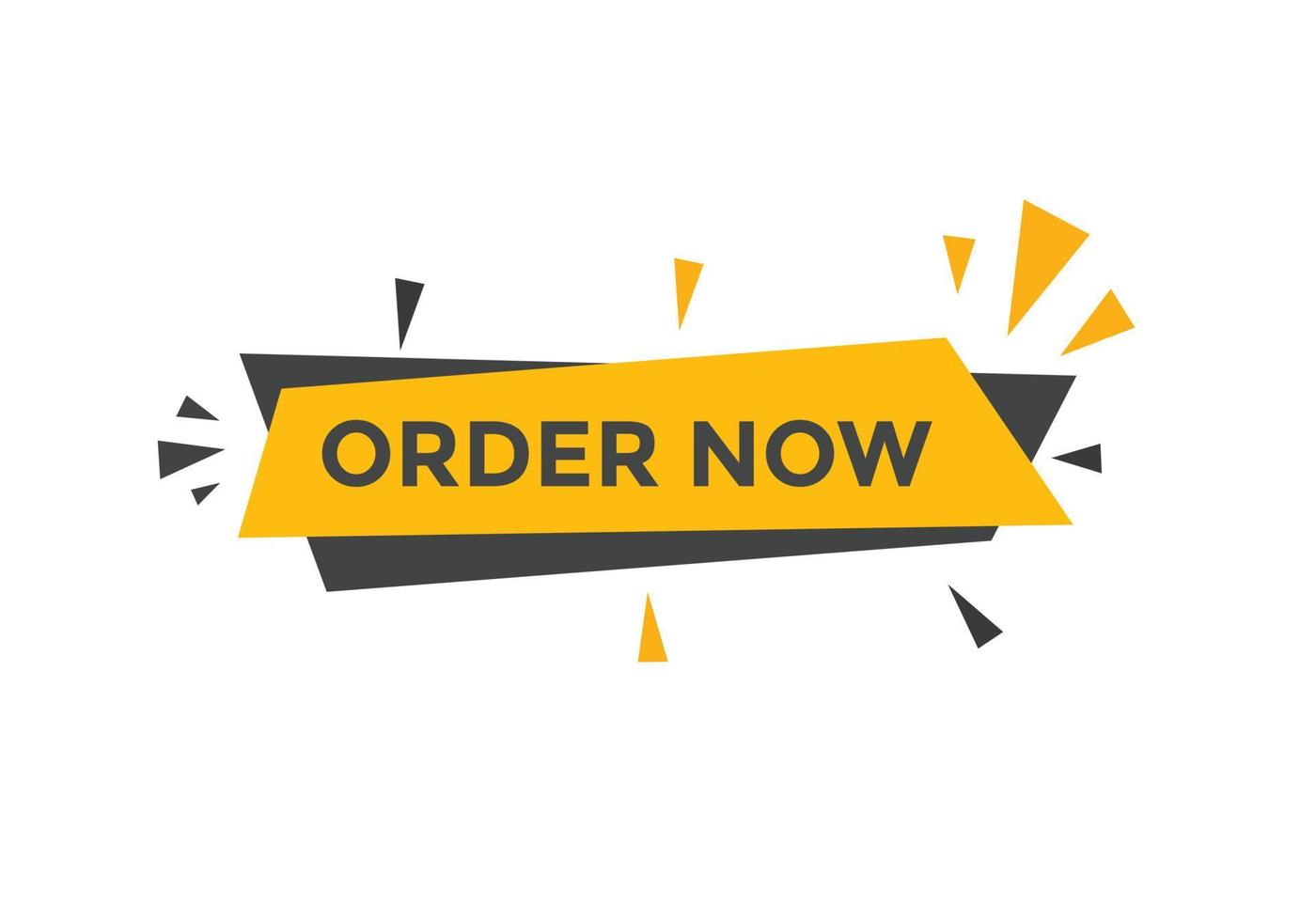Scenario
As a new leader, you’ve decided to prepare a 30-minute lunch-and-learn agenda to give to healthcare managers to cover the topic of ethical theories and principles. Explain the relationship between personal integrity and ethical leadership, and between ethical leadership and positive organizational outcomes. Use the ethical principles of autonomy, beneficence, nonmaleficence, and justice and how these principles guide ethical healthcare leadership practices.
As a part of the lunch-and-learn, you decided to bring a food item to share from your heritage or culture.
Lunch-and-Learn Group Discussion Presentation: Ethical Theories and Principles in Healthcare Leadership Agenda
Introduction:
Welcome and introduction to the lunch-and-learn session.
Share the food item you brought, explain how it reflects something about your heritage or culture, and tie it to one of the ethical theories and principles in healthcare leadership (autonomy, beneficence, nonmaleficence, or justice).
Give a brief overview of the importance of ethical theories and principles in healthcare leadership.
Personal Integrity and Ethical Leadership:
Explore the significance of personal integrity as a foundation for ethical leadership in healthcare.
Explore how ethical leadership contributes to fostering a culture of diversity, equity, and inclusion within healthcare organizations.
Ethical Principles in Healthcare:
Provide an overview of the four selected ethical principles—autonomy, beneficence, nonmaleficence, and justice.
Group Discussion on Chosen Ethical Principle:
Provide real-world examples of the chosen ethical principles—autonomy, beneficence, nonmaleficence, or justice.
Impact on Healthcare Leadership Practices:
Highlight the broader implications of applying ethical principles in healthcare leadership.
Address potential challenges and benefits of integrating ethical principles into decision-making processes.
Conclusion:
Summarize key takeaways from the session.
Refer to Lunch and Learn [PPTX] for completing the assignment.




Reviews
There are no reviews yet.